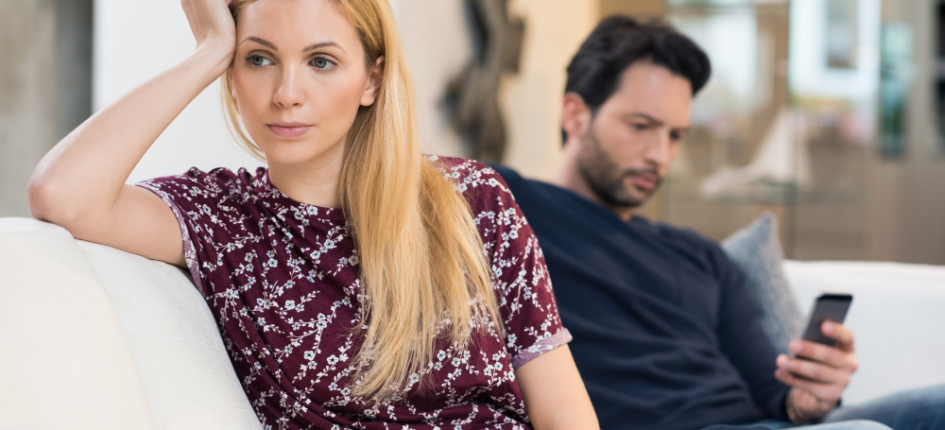- 510.701.0846
- Home
- Romantic Love May Be the Best Kind of Bait-and-Switch

Romantic Love May Be the Best Kind of Bait-and-Switch
You’ve likely heard of the “honeymoon” or “infatuation” stage of romantic love — and you’ve almost definitely experienced it.
This is the time when you feel like your partner is amazing and perfect and can do no wrong. When you want to be around them all the time and may even feel physical discomfort when you are apart. When you hunger for them.
There is no denying that this is an amazing time and an incredible feeling. But it’s important to realize that it’s not really your partner who is creating those feelings. Not exactly.
What is?
Your brain.
In the beginning stages of a romantic relationship, our brains practically drown us in all kinds of “feel-good” chemicals whenever we’re around our partner. Because it helps us to forge a strong connection to them. To bond closely and want to stay together.
Why is it so important to understand this?
Because once those chemicals have helped us become thoroughly enmeshed with each other… they go away.
You’ve probably experienced this part of relationships, too. When you start noticing all of the annoying things your partner does and may even wonder if you’re falling out of love.
You are not falling out of love. It is just that those chemical “support beams” have been taken away, forcing you to see each other in a more realistic light. And to reassess what love and connection really mean.
Why in the world would our brains pull this strange bait-and-switch on us?
Because they’re playing a deeper game. They need us to be so strongly connected to our partner to make it less likely that we’ll abandon each other throughout the hard work that comes next.
What kind of hard work? Using each other to heal your personal wounds.
How Romantic Love Reopens Childhood Wounds
The “trick” of romantic love comes down to what it really is. Popular culture has taught us to think of it as a combination of happily ever after and sexual infatuation. But while those things are certainly part of the equation, they don’t encompass the totality of why we’re drawn to certain people.
Imago teaches us that we pick partners who are a combination of both the positive and negative qualities of the people who cared for us when we were young. Romantic love — aided greatly by those chemicals — is the powerful force that draws you to those types of people.
Why in the world would your brain attempt to pair you with people who have the best and worst traits of your parents or caregivers?
Because way down deep inside of all of us, we have wounds from childhood that we want to heal. Needs that were not met. Parts of ourselves that we had to give up or hide.
So, in an attempt to heal those wounds, we find ourselves choosing partners who make us feel the same feelings we felt when we were kids. It’s why you might explode the first time your partner shows up two hours late from the office and forgets to call. Or buys you gifts that you have no interest in.
Sure, you might be feeling frustrated with them. But the breadth and depth of your anger is because they’re unconsciously causing you to relieve experiences that were traumatic in your childhood.
For the above examples, maybe you had a parent who was habitually unreliable. Or who took care of you in ways that served to highlight how disconnected you really were.
Connecting to Another to Truly Connect to Yourself
How does being forced to re-experience these negative feelings help you heal those wounds?
Well… it doesn’t — unless you and your partner approach them in the right way and put in the work to make it happen.
That’s the point in having the person reopening those wounds be someone you love and feel connected to in a truly deep way. If it was a stranger, or possibly even a friend, there’s a far higher likelihood that you would simply give up on that person and move on.
With a long-term romantic partner, there’s more of a reason to stick it out. There’s more of a reason to try. Being with them provides you with this opportunity — over and over and over. It’s up to the both of you to take advantage of it.
And you really should. Because once you gain the necessary skills to help each other understand and work through your own, personal childhood wounds, it will not only improve your relationship, but also your sense of self.
You’ll both become more “whole” people, who are more comfortable in your own skins and, as a consequence, with each other. As bait-and-switches go, it’s not a bad one to have happen to you.